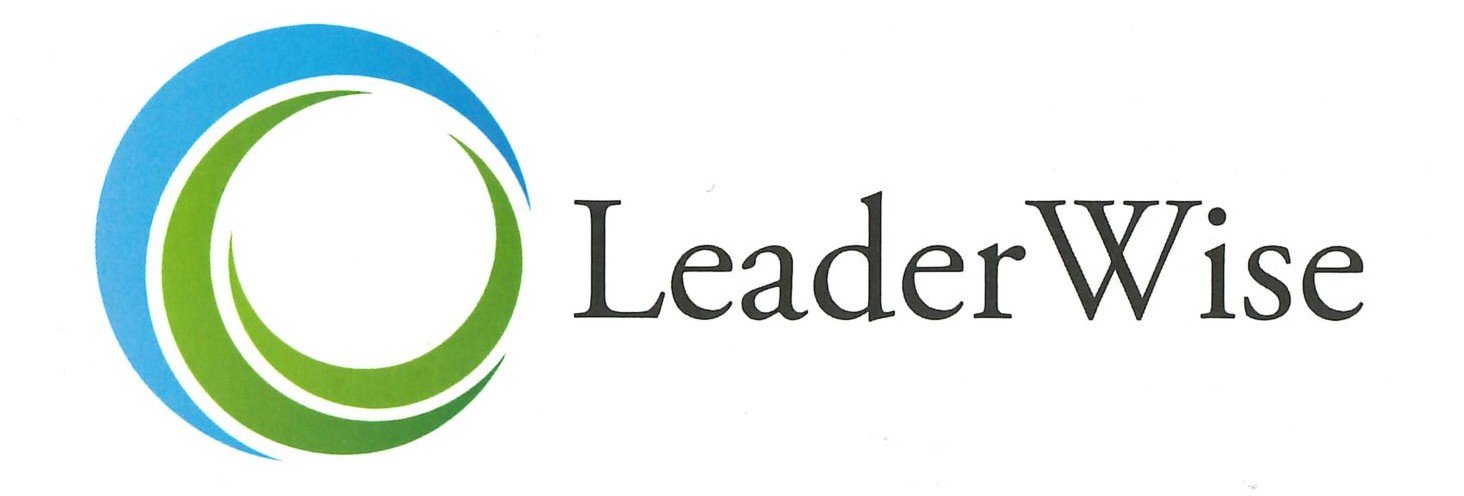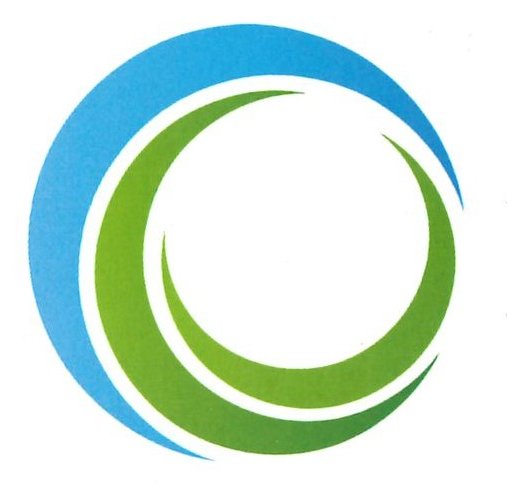Finding Balance to the Imbalance of Too Many One-Way Caring Relationships in One’s Personal Life
Resilience Task 8
by Kelly Jordan, PhD, LP
“You’re such a good listener.”
“See, I knew I needed to talk to you about my struggles because you always provide such care and compassion.”
“I don’t really need my own therapist/pastor because I have you!”
Do these “compliments” sound familiar to you? In our professional roles, our empathy, care, and compassion for others are what allow us to be effective helpers and leaders. Helping professionals often have substantial gifts in these areas, and it can feel like a natural extension of our authentic selves to provide that empathy, care, and compassion to our friends, family, and acquaintances. Moreover, we tend to receive validation and gratitude for what we provide to the people who are important to us. What’s the problem with that?
In his book, Becoming a Resilient Practitioner, Tom Skovholt notes the danger of one-way caring relationships for those who love to care for others. We all know the felt experience of a one-way caring relationship. After that coffee date with a friend, we feel depleted, exhausted, even frustrated. We ask ourselves, “Did I ever get to talk about my feelings, my current challenges, or were we focused on them the whole time?” These are the friends who lean on us exclusively for emotional support, seemingly unable to provide it to us in return. Two-way caring relationships, in contrast, allow for give-and-take based on the needs of both individuals. In these relationships, we are able to provide support knowing that it will be provided for us when we need it.
Social support is essential to our resilience as helping professionals. If the relationships in our personal lives do not provide adequate support, and instead deplete us, we will have less to offer to our clients and community members. As an exercise, make a list of the key personal relationships in your life. Make note of those relationships that are nourishing to you, where you regularly receive support, care, and compassion. Note which relationships seem to be in good balance, where there is a natural give-and-take in your interactions. Finally, note those relationships where you may be giving more of yourself than is being given to you. Consider how much is being given to these relationships—time, emotional energy, worry, etc.—and consider whether a boundary is needed to honor and maintain your own resiliency.
Remember, we do not ask our plumber friends to fix a leak for free. We do not ask our accountant friends to do our taxes for us pro bono. Similarly, when our relationships are one-way, they more closely resemble our professional work than the personal relationships that they are. We can more authentically be generous and caring to others when we can trust sources of that care for ourselves.
Don't miss next week's topic: Max out the body as a source of positive energy.

